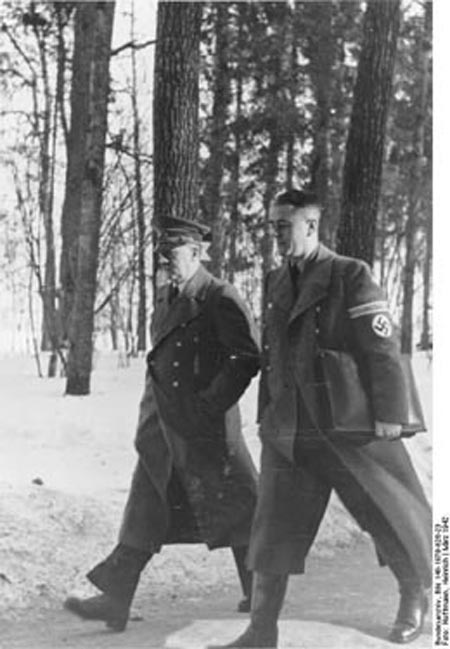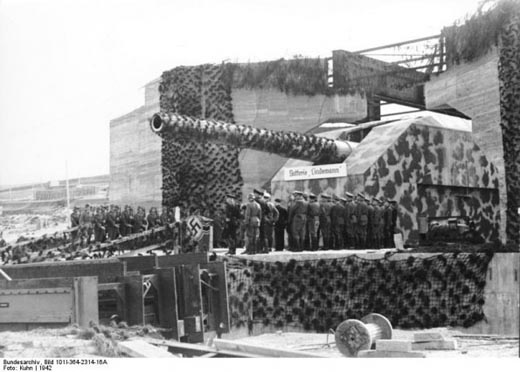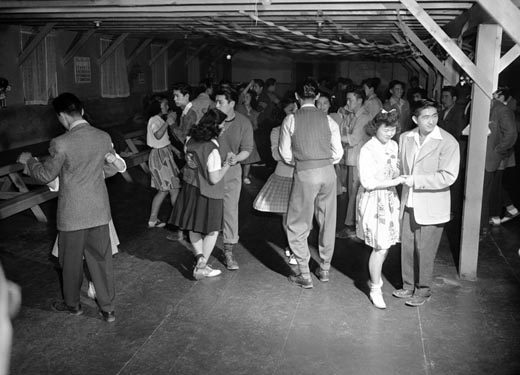Air Operations, Europe
There is a night raid on Dover by the Luftwaffe.
BOMBER COMMMAND12 Hampdens, 3 Stirlings and 2 Manchesters lay mines off Lorient. This is the first participation for the Stirlings of 3 Group in the minelaying campaign. There are no losses.
[Air Operations, Pacific
The Japanese bomb Port Moresby and Wyndham, Northern Australian. The RAAF raid Dill airfield on Timor.
[Andaman Islands
The Japanese occupy Port Blair in the Andaman Islands which are located in the Bay of Bengal and have been evacuated by the British and Gurkha garrison.
[ Hitler and Speer in Conversation |
 |
The Atlantic Wall |
 |
Mediterranean
Because of the German and Italian air attacks, the transport Beaconshire capsizes and only 5,000 tons of cargo is landed in Malta of the 25,000 tons intended.
[ Japanese-Americans Attend a Dance |
 |